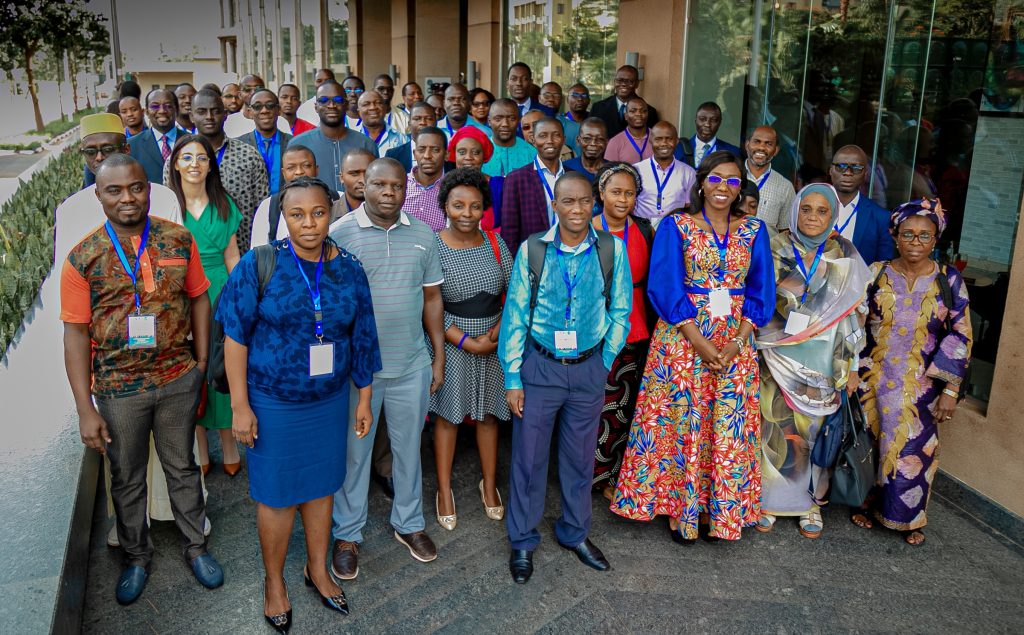
More than 70 national accounts statisticians from 37 countries in Africa have participated in a workshop on Gross Domestic Product (GDP) rebasing in the framework of the 2008 System of National Accounts (SNA) implementation in Africa. This is part of the Statistical Capacity Building Program, Phase 5 supported by the African Development Bank (AfDB) through COMESA.
The five-day workshop 30 January – 3 February 2023 held in Kigali, Rwanda comprised expert training sessions on methodological issues related to rebasing of GDP and implementation of the 2008 System of National Accounts (SNA), country presentations and discussions.
Speaking during the opening ceremony of the workshop, Chief Statistician at COMESA Secretariat Mr Themba Munalula said the national accounts component of the programme aims at improving the statistical capabilities of African States qualifying for ADF fund in managing their GDP rebasing efforts and implementing the 2008 SNA.
“The rebasing of the national accounts is an essential exercise, in line with the need of having macroeconomic data that are reliable, exhaustive and consistent with the real economic situation of a country. The international recommendation is that a country’s national accounts should be rebased every five years,” said Mr Munalula.
This workshop is one of the activities included in the national accounts statistics component covered by the multi country statistical capacity building program (SCB-V). The other activity is an in-country technical assistance.
According to the experts, the rebasing exercise is becoming imperative and urgent, particularly in the current context of various international, regional, sub-regional and national commitments. It provides an ideal opportunity for countries to comply with international standards in terms of national accounts compilations, in particular the implementation of the recommendations of the 2008 SNA and thus introduce improvements in the measurement of economic activity (hidden economy, social action, foreign trade, informal sector, digital economy, environmental accounting) or to correct errors in estimates and measurements identified after the previous rebase.
The workshop was informed that not all African nations have migrated to the 2008 SNA; some have, while others have just started.
Further, the situation in Africa reveals significant challenges of human, material, and financial resources. Additionally, while Africa is considering the implementation of the 2008 SNA, great strides are being made vis-à-vis the revision of the current SNA, under the leadership of the United Nations. Thus, opportunity to include African specificity and, more particularly, to create implementation strategies that are more successful than those that were previously used is now presented.

